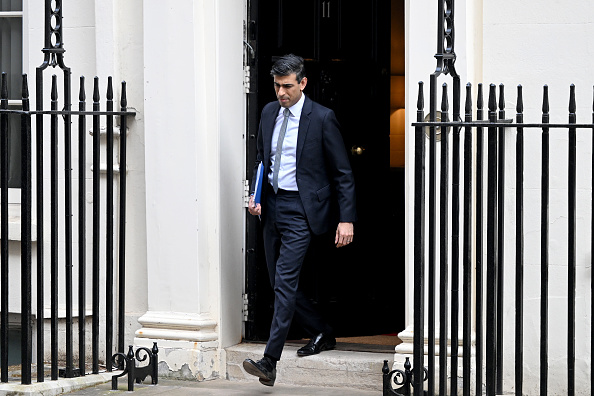Sunak’s decision to hike national insurance while cutting income tax is ‘indefensible’

Top economic forecasters today slammed Chancellor Rishi Sunak’s decision to push ahead with the national insurance tax hike while cutting the basic rate of income tax as “indefensible”.
All of the windfall households will receive from lower income tax bills will be offset by fiscal drag and a 1.25 percentage point national insurance uplift and other tax raising measures, according to the Institute for Fiscal Studies (IFS).
The fiscal tweaks announced yesterday by Sunak at the spring statement proved him to be a “fiscal illusionist,” Paul Johnson, director at the IFS said, adding “he told us that he cut taxes yesterday… but [he] also allowed taxes to rise”.
“On current plans Mr Sunak’s income tax changes won’t actually depress income tax revenues… the income tax take will stay about the same as in the previous year, and then continue rising. That’s the effect of inflation and fiscal drag,” he added.
Fiscal drag occurs when an individual pays more tax on each additional pound they earn due to frozen tax thresholds.
Figures released by the Office for National Statistics yesterday revealed the cost of living hit a new 30-year high of 6.2 per cent.
Sunak promised to slash the basic rate of income tax by 1p in the pound by 2024 at the spring statement yesterday.
He also raised the threshold at which Brits start paying national insurance contributions by around £3,000.
The Chancellor did announce the biggest tax cutting measures at a single fiscal event since the autumn of 1995, the IFS said.
However, despite the moves, households will be saddled with the heaviest tax burden since the 1940s, when Clement Attlee’s post-war Labour government was in office, according to the Office for Budget Responsibility.
Sunak’s “choice to increase [national insurance] rates and reduce the basic rate of income tax looks indefensible from an economic point of view,” Johnson said.
The UK is set for the steepest fall in living standards since 1956 this year, driven by inflation surging to levels not seen for four decades, higher taxes and interest rates.